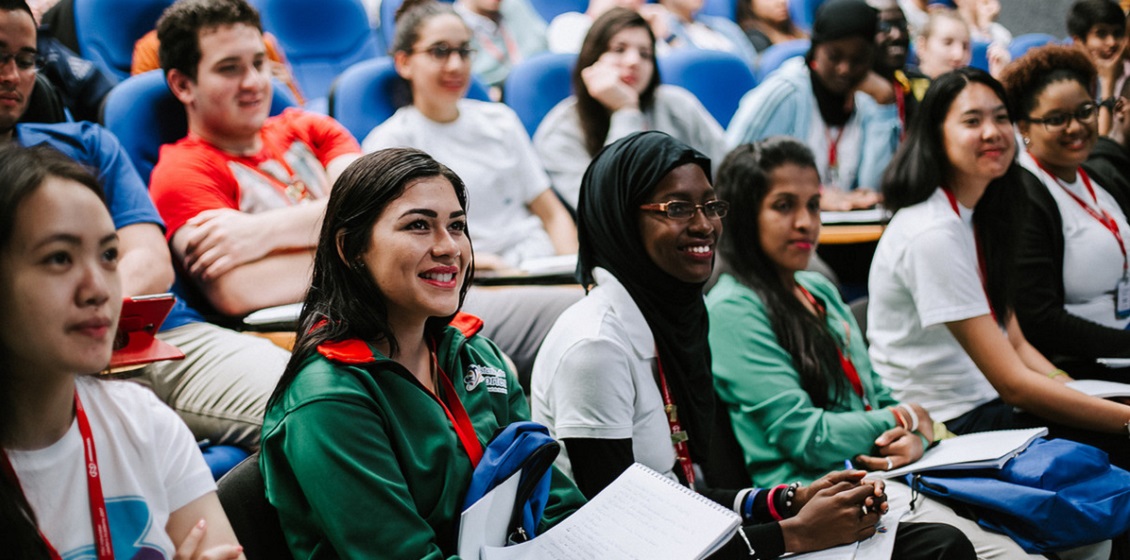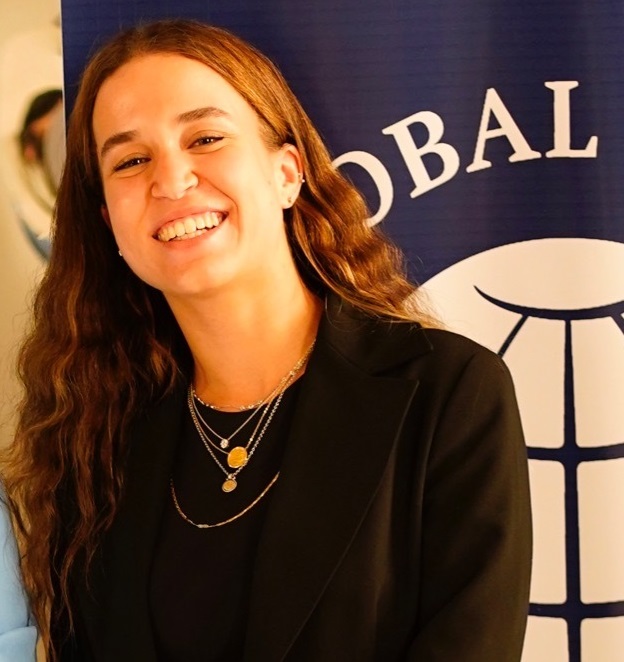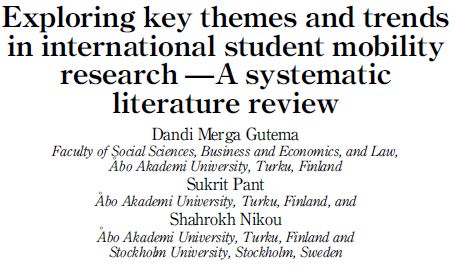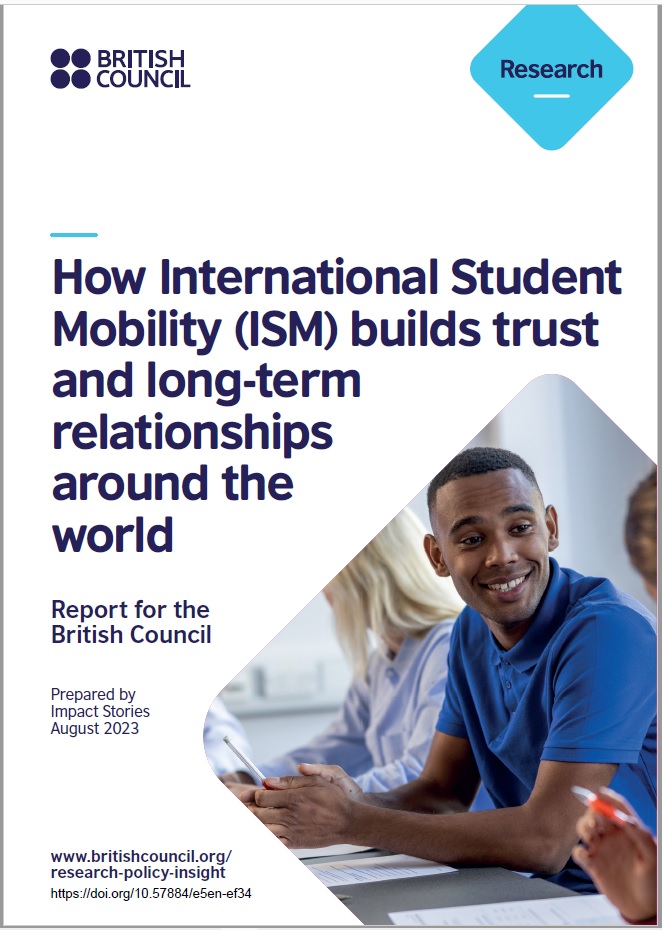Third World Countries, the Global North and the Global South. These are a couple of terms through which people describe certain areas in the world. This happens throughout all fields, but especially within educational systems. It is almost never easy for an international student to move anywhere. Navigating the academic, social, and political journey as a student from a different country presents itself with a good deal of challenges that extend far beyond academic pursuits. Regardless of the reasons for moving being higher education, career advancement, or cultural exploration; when one takes the decision to move away from all that they know and love and reside in a new place, they are faced with new social dynamics, ethnicity crises, and high academic expectations. This article explores some of the general pressures and problems that international students face upon their move abroad.
Irrespective of their background, ethnicity, academic standing, or social environment, the social integration of international students holds a lot of significance in relation to their academic performance. Making friends whilst in a foreign country is challenging, to say the least. Of course, participating in classes and clubs and such along with university events make the process easier, but it is almost always a nerve-wrecking experience. Especially given the fact that within an international community, each student arrives with their own set of values, traditions, and culture. Research has shown that a student that is socially integrated also tends to do better within an academic context. Other than classes and the feeling of homesickness, along with a lack of proper understanding of the local culture and discrimination, it is tough for people, regardless of age, to adjust to a new environment and get the emotional and mental support that they need. Of course, there are always exceptions and this is not to say that this is the general experience of all students. On the contrary, some international students find it easier to find their place and people abroad rather than at home. But, the previous could apply to both international students and their adjustments, as well as domestic students and their adjustment to internationalization.[1]
Social Integration and Academic Excellency
Social integration, academic excellence, and choice of faculty are closely intertwined factors within the student experience. A supportive faculty that fosters an inclusive environment plays a pivotal role in facilitating social integration for students. This involves not only providing academic support, but also organizing events to encourage student interaction and the creation of safe spaces within classes where students feel comfortable expressing themselves. An example of such would be the University of Nicosia. During my Bachelor’s Degree, there was nothing I enjoyed more than classroom discussions. The professors were always encouraging of respectful and academic debates, and always made sure to be as inclusive as possible. During my 4 years at UNIC, I never had to shy away from expressing an opinion or challenging a professor. It was a wonderful academic experience.
This leads to the following: what are the core values of academia? In academia, the core values of education, inclusion, respect, and acceptance are paramount. Thus, it is crucial for faculty to refrain from presenting biased or radical views as indisputable facts, as this can alienate students and hinder their ability to connect with their peers. During my postgraduate experience, it was not always an option for one to speak their minds or challenge others. This is largely due to a difference in cultures, but also a lack of intercultural understanding, and I might even say the refusal of seeing events through a non-euro-centric perspective. When students encounter conflicting perspectives that could be seen as discriminatory or rooted in innocent ignorance, it can impede their networking efforts and contribute to feelings of discomfort or left-out.
The concept of innocent ignorance, particularly within academia, is often problematic as it reflects a lack of awareness or understanding rather than genuine innocence. Both academics and students bear a responsibility to broaden their perspectives and cultivate an environment of cultural sensitivity and mutual respect. This includes actively seeking to learn and understand views, cultures, and traditions that may differ from their own. Students attempting to integrate themselves within their new societies must also do the same. Moreover, the use of terms such as “global south,” “global north,” and “third world countries,” need to be reconsidered. These terms perpetuate outdated and hierarchical perceptions of the world, reinforcing existing power dynamics. As such, it is essential for academics and students alike to critically examine and challenge the use of such terminology within academic discourse, and should rather promote a more inclusive and equitable approach to global perspectives.
I was once in an Anthropology class during my Bachelor’s Degree, through which I put myself on a high horse. We were learning about a certain society that treats women in a certain way, and my professor at the time told me to stop being “ethnocentric.” After looking for the definition of this word, I was quite surprised that someone would call me that as I always thought of myself as an accepting and understanding person. That day, I realized that the way I saw that society is the same through which others had seen mine. I learnt a valuable lesson that day that one should not pass a judgement, and therefore contribute to a continuation of hierarchical perceptions of the world.
“Us vs. Them”
Unfortunately, not everyone was as lucky as me to have Dr. Marios Sarris to call them out on their statements lacking awareness and understanding. The use of terms that reiterate political and economic goals, showcase the prevalence of a neocolonialist world. Examples such as the “global south and global north” are built on Western supremacy.
Using such terms refers to the collective perceptions and relationships within society that influence the emergence, continuation, and validation of various ideologies. These imaginaries not only shape our understanding of the world, but also dictate what is deemed acceptable in terms of questions and answers. They are not passive descriptors, but rather active influencers of societal norms. This contributes to students feeling left out, or one might even go as far as to say the continuation of Western supremacy within the classroom. Thus leading to an “us vs. them” context, wherein which I always felt the need to defend where I come from and my people, and I’m sure many others have felt the same way.
A conversation which was quite humorous and surprising during all my university years was in regards to tuition fees.
Students as Money
There is a nice link between international students, education, and Western supremacy. Throughout my personal experience and also through listening to that of others, Western societies often perceive themselves at the apex of a global hierarchy, while other regions trail behind. This perception not only elevates Western higher education as a highly desired commodity in the global market, but also underpins the discriminatory treatment faced by many international students from faculty and peers alike. Throughout the years, at least where I come from, getting a Western education was always perceived as superior. One could argue that this is a personal problem, but then again one could see the historical context through which this belief came to be and is perpetuated. Due to such, international students are frequently exploited in their pursuit of what they perceive as superior education opportunities. They encounter unreasonably high tuition fees, troubles in securing accommodation, and oftentimes face discrimination and racism within academia.
Building on the previous article titled “Navigating Western Innocent Ignorance,” some students are lucky to not have faced any kind of racism or discrimination, but this does not dictate everyones’ story. General conversation with students who are not considered to be “Western” usually entails some form of racial discrimination, xenophobia, or the challenges of overcoming the challenges that accompany their national identity while being abroad.
In reflecting on the multifaceted journey of international students, it becomes evident that their experiences transcend mere academic pursuits. The stories of the people interviewed for “Navigating Western Innocent Ignorance,” along with mine and other friends who I’ve spoken to within a casual context illuminate the intricate interplay between education, culture, and power dynamics within academic settings. At the heart of these experiences lies the desire for social integration and understanding, where a supportive faculty and inclusive environment play crucial roles. Yet, the persistence of innocent ignorance within academia, which then is no longer innocent, perpetuates outdid hierarchies and fosters discriminatory attitudes, which hinder genuine intercultural understanding.
Moreover, the commodification of international students as economic assets underscores systemic inequalities within higher education. In confronting these challenges, academic institutions should embrace diversity, equity, and inclusion as foundational principles. This includes the inclusion of all people. By fostering environments of genuine intercultural dialogue and respect, academia can cultivate spaces where all students feel valued and empowered to thrive. This, in return, turns them into well socially integrated people with the capability to thrive within their new environments and become beneficial members of society.
Ultimately, the journey of international students serves as a good reminder of the transformative potential of education. Through collective action and a commitment to integrity, understanding, and acceptance, we can work towards a future where every student, regardless of background, can realize their full potential in an inclusive and equitable academic context.
This article is also in reference to the person who told me that the problem in the Netherlands is muslims and that they should stop giving out visas and rather kick them out. You are studying to become an academic. Do better.
Maya Rakha is MA International Security, University of Groningen, Netherlands, DDRN Correspondent








